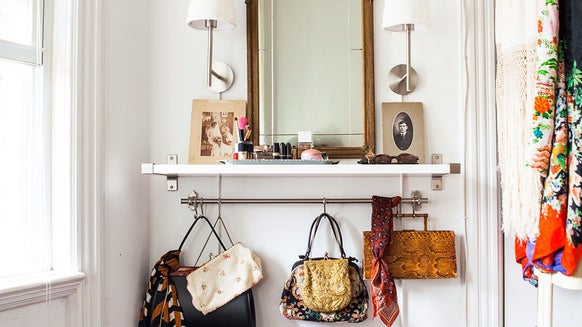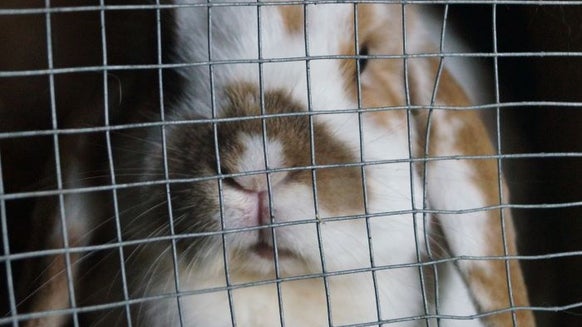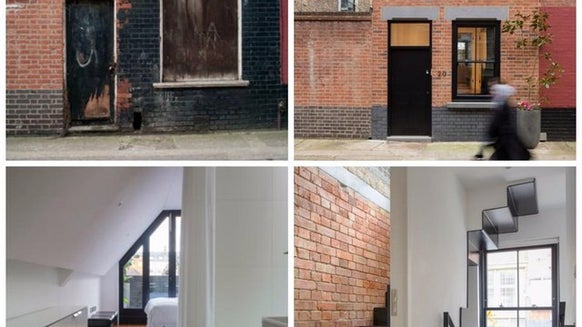How to Give a New Rescue Dog a Happy Home
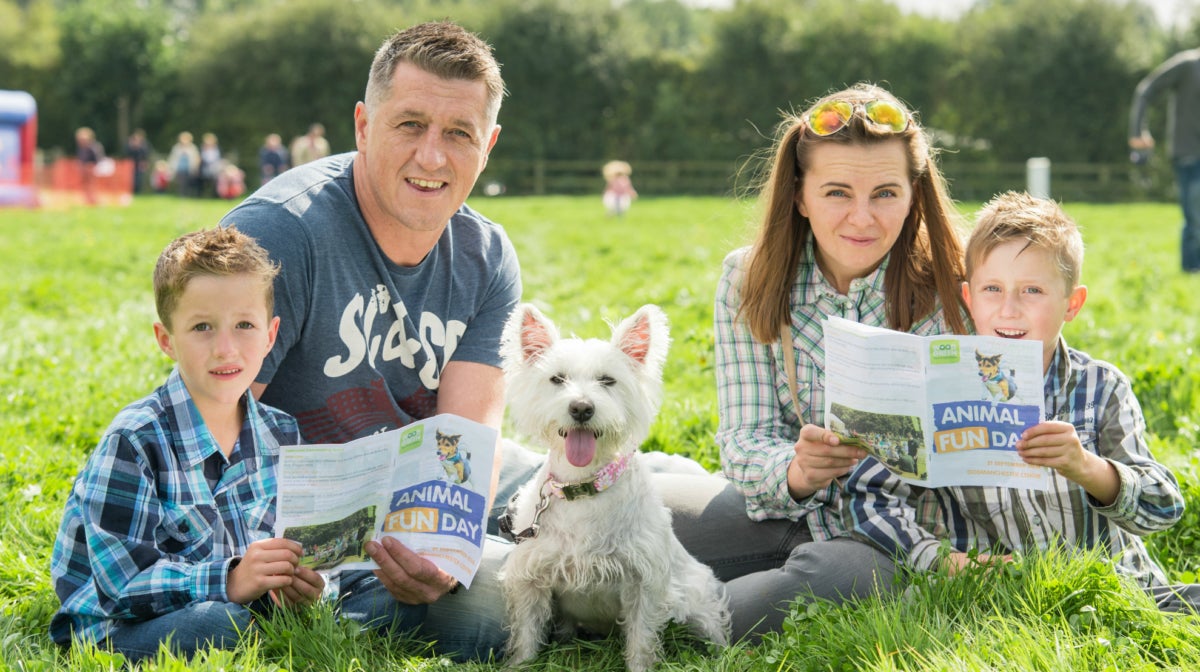
Taking on a rescue dog is a wonderful thing to do, however, it can be stressful for the pooch when moving to a new home. You can hold your head high and tell friends and family that you’ve opened your door, and your heart, to a dog in need of a loving home. Our friends at Wood Green are here with some tips on ensuring a new rescue dog has a happy home.
Rescue Dogs
There are many reasons why dogs find themselves in rescue centres and the vast majority are there due to a change in the previous owners’ circumstances. Many dogs in rescue centres were very much loved and wanted by their owners, but fundamentally, at the time the owner relinquished the dog they were unable to meet its needs.
Dogs need to chew, have appropriate exercise, mental stimulation, social company, and a time and place for rest and relaxation. Dogs whose needs are being adequately met are likely to be happy dogs and are less likely to have behavioural issues going forward.
Each dog’s needs are different. Age and breed have the biggest influence on an individual dog’s needs, however, the individual's personality and previous experience also affects what they require going forward. It’s really important to take time to consider what the individual dog’s needs are and whether your lifestyle is conducive to meeting those needs.
An important step for to give a rescue dog a happy home is to get the right match.
Puppies
Just like toddlers, puppies are hard work! Their brains are sponges for information and they need lots of time and energy invested in them. Anyone considering a puppy should have a look at the year ahead of them and think about how much time they have to invest but there are a number of steps you can take to make sure they have a happy home.
If you are at home most of the time or work from home and have some flexibility to manage the pup’s needs, or perhaps you are able to take him to work part or full days, then a puppy might be an ideal addition to your family.
Most very young puppies can be left for a few hours on their own. At this stage of development they need a lot of sleep, so after some exercise, play and training, a couple of hours home alone with a puppy kong to chew on will be fine. However, it won’t be long until he or she needs to toilet again and successful speedy housetraining is achieved more quickly with an attentive owner who is on hand during pup’s waking hours. Regularly leaving a young pup home alone for a working day is not advisable and this will often result in long-term behavioural issues.
 Adult dogs
Adult dogs
An adult dog can be a joyful addition to any family, and often so much easier to live with than a youngster.
Someone else will have done the hard part, and you can enjoy the more settled phase of their life. You’ll still need to continue with training because like us humans, dogs continue learning throughout their lives. It is never too late to learn a new trick or skill.
Large Or Small?
There are many reasons why size is not that relevant. Some dogs are very large but they would live happily, and be easy to manage, in small accommodation. Some much smaller dogs that are much easier to manage in larger homes with bigger gardens.
Where size can be the key feature is when the mobility of the family members is to be considered. Small, busy dogs are easily tripped over. A family member with limited movement may prefer a larger dog who they can reach easily to give affection to, however, a tiny dog might be easier to fuss if it likes to sit on laps.
Strength on the lead is often considered in relation to size, but this can also be a bit deceiving. Some smaller breeds are quite strong, for example, terriers. And yet some bigger types, such as greyhounds, often don’t pull at all.

Which Breed?
Dogs have lived successfully with man for many thousands of years. During this time we have modified their appearance and behaviour through selective breeding. For example, Collies herd sheep better than most other breeds and as a result they like to chase a lot. Collies are responsive to verbal commands, but on the downside, they can be very sensitive to sound.
Many Terrier breeds hunt small prey better than most other types. They often work well on their own and don’t give up easily. They like to grab, shake and kill their toys. On the downside, they can be slow to respond to you if they are busy hunting.
Many breeds were bred to be companions too, such as the Yorkshire terrier for example. He doesn’t need as much exercise as some of the working breeds. He will just want you around so he can be with you and will love chilling out on your lap. The key to meeting any breed of dog’s needs is to find out what the breed was created to do. Once you have this information, look at how you can provide an outlet to meet its needs.
Best Breed For You
The secret to having a great relationship with your dog is finding one that enjoys some of the same activities that you like. For example, if you like fitness training and run daily, then a dog with stamina that will enjoy running with you would be ideal. If you are home a lot, enjoy short walks and relaxing on the sofa, then a greyhound or one of the companion breeds could be the perfect match. There are many things to consider and the time you have and your daily routine is the best place to start.
Bringing Your Rescue Dog Home
Once you have your new dog at home, take it slowly for the first few days ‐ patience is the key. Each dog is different and will settle in its own time. Take your time and enjoy getting to know each other’s habits.
Different dogs will react in different ways, which is why choosing the right dog for you is so important and the above advice will help make this as easy as possible.
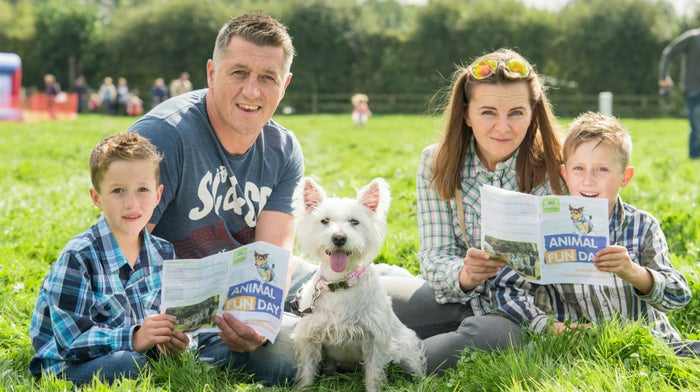
How Wood Green Can Help
Wood Green can help and guide you through the homing process. Their guidance can help you consider all the options to see if your prospective pooch will be the right fit with your lifestyle.
They are on hand with behaviour advice from their lifelong care team, for any training or behaviour questions whether its a new dog or your lifelong pooch. From coping with a new puppy to advice about preparing a pet if you’re about to move home, they have years of experience and are happy to help.
Life can be unpredictable and, if you are no longer able to care for a pet, they can help with that too.
Their fabulous team of dedicated pet advisors are here for you. They offer a free telephone appointment service or you can email at pet.support@woodgreen.org.uk.
Our vision is of a world where all pets are well cared for in loving homes for life.

